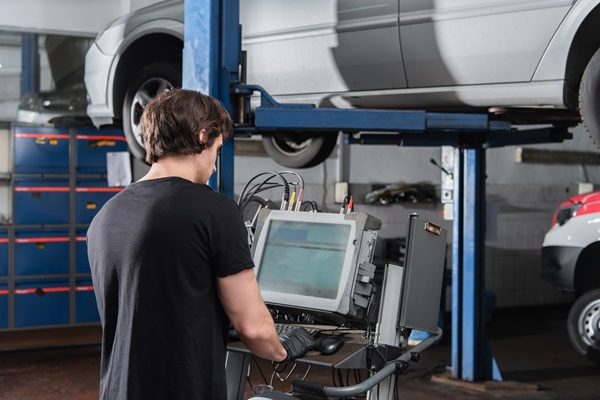In the realm of service vehicles, the significance of efficiency and performance cannot be overstated. Enhancing operational capabilities through various innovations is crucial for organizations reliant on their fleets to maintain a competitive edge. The differential is a modification that is frequently overlooked, yet it has the potential to significantly enhance both performance and fuel efficiency. Organizations can enhance their financial performance by understanding the mechanics of differential improvements and their impact on service vehicles.
Understanding Vehicle Differentials
The powertrain of an automobile requires differentials to effectively distribute power to the wheels, facilitating smooth and efficient turning maneuvers. A differential enhances vehicle handling and mitigates tire scuffing by enabling the outer wheels to rotate at a faster rate than the inner wheels while navigating a turn. A well-designed differential system has the potential to enhance the overall performance of service trucks, especially those frequently operating in urban environments or managing varying load conditions. Upgrading or modifying the differential can significantly enhance the torque delivery, traction, and overall drivability of service vehicles, allowing them to perform optimally in a variety of conditions.

Benefits of Differential Upgrades for Enhanced Performance
Enhancing torque control and power transmission stands out as one of the most significant benefits of differential modifications. A well-engineered differential facilitates more efficient power distribution among the wheels, resulting in enhanced acceleration and improved handling across various driving conditions. This is particularly advantageous for service trucks that consistently function in challenging environments, such as construction sites or steep terrain, or for those that carry substantial cargo. Drivers are likely to experience enhanced confidence in their vehicle’s performance following an update to the differential, thereby fostering a safer and more efficient driving experience. This is where the Auto Repair in North Royalton, OH based services come up with the best choices.
Improvements in Fuel Efficiency
Enhancements to the differential have the potential to elevate performance while simultaneously optimizing fuel efficiency. This may seem paradoxical, as one might assume that utilizing additional fuel to produce increased power inherently involves such an approach. By optimizing power distribution, an enhanced differential may reduce the overall stress on the engine. Manufacturers offer differentials featuring lower gear ratios, designed to decrease engine RPMs during highway travel. Service vehicles may achieve greater distances with reduced gasoline consumption due to this decrease in fuel usage. The accumulation of these fuel savings over time can become quite significant, providing companies with an impressive return on their investment.
Strategic Approaches to Long-Term Investments and Savings
Organizations might express apprehension regarding the initial expenses associated with differential enhancements; however, adopting a long-term perspective could potentially alter their considerations. Enhanced differentials have the potential to minimize wear and tear on other drivetrain components, thereby decreasing mechanical issues while simultaneously improving fuel economy. This results in extended vehicle lifespans and reduced maintenance expenses. Investing in differential enhancements has the potential to lead to reduced operating expenses and increased reliability in service for businesses that depend on their fleet for operational activities. The interplay of these two aspects can profoundly influence overall performance.

